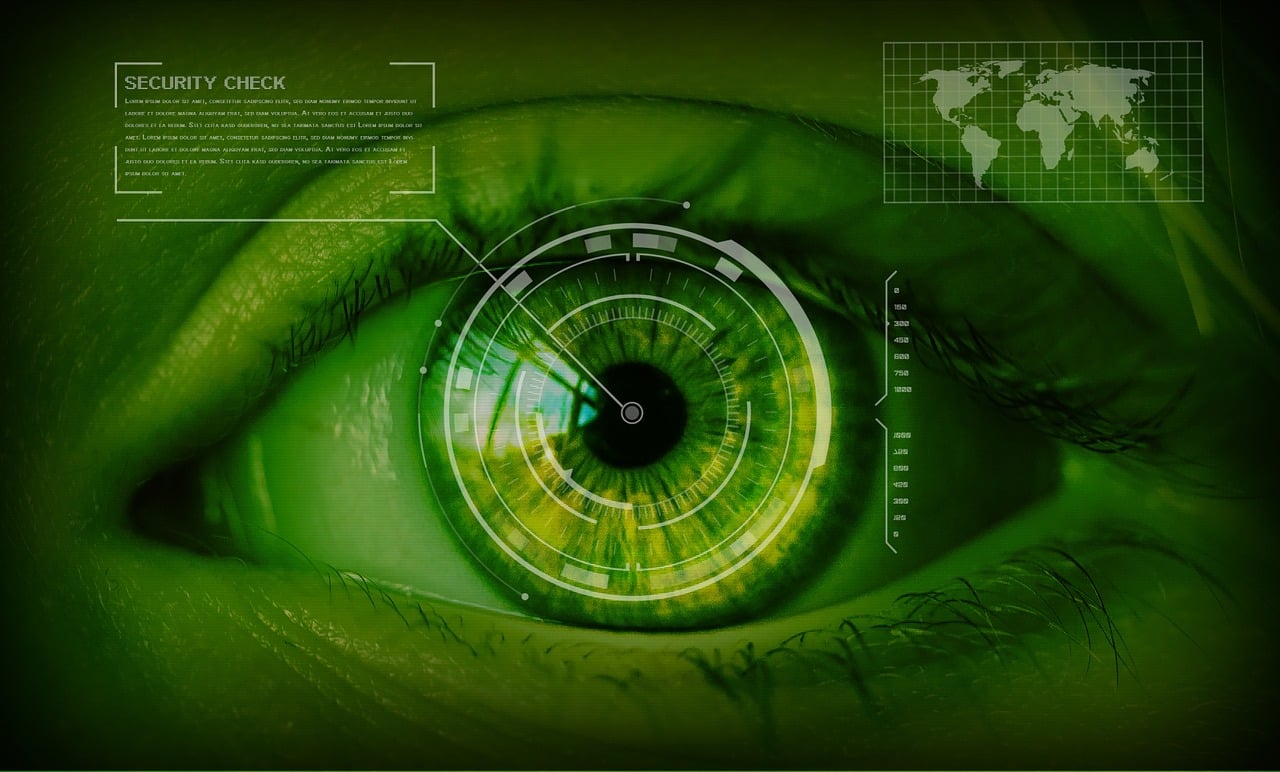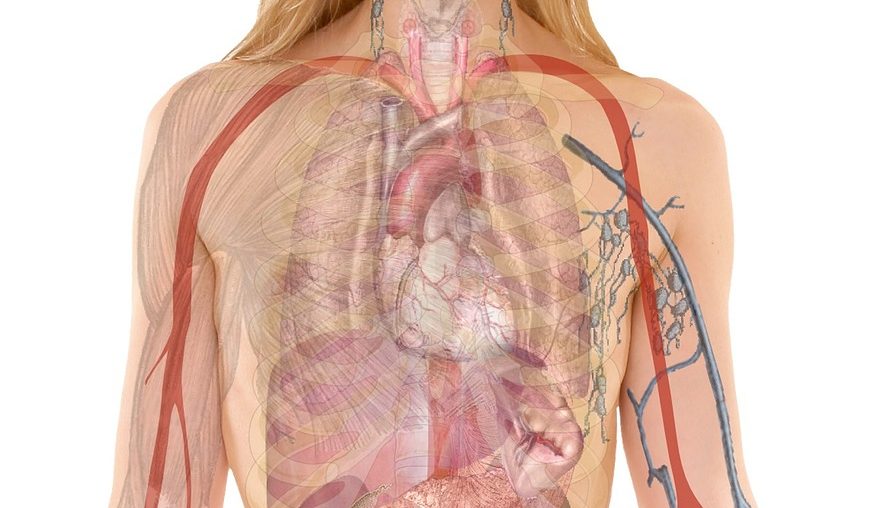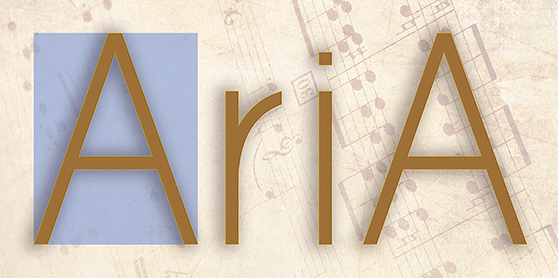The human body is an amazing creation, capable of amazing feats and holding countless mysteries. The complexity of our internal organs and the extraordinary abilities of our senses - much remains unknown to the average person. Let's dive into the mysterious and surprising world of anatomy to uncover strange but true facts about the human body that are sure to amaze and intrigue you.
The human body is a tapestry of complex systems, each intricately linked and interdependent. From the cardiovascular system, which pumps blood throughout the body, to the respiratory system, which facilitates oxygen exchange, these systems work in harmony to sustain life. However, the origin of these systems and how they evolved over millions of years remains a mystery. Understanding the history of our evolution and the development of these complex systems may provide insights into the origin of life itself. By unravelling these mysteries, we can better understand the wonder of the human body.
Another mystery lurks in the depths of the human microbiome, the vast ecosystem of microorganisms that inhabit our bodies. These microscopic organisms play a crucial role in overall health, influencing everything from digestion to immunity. However, the intricacies of this fascinating 'universe' and its relationship to the human body are still not fully understood. Studying the secrets of the microbiome could lead to breakthroughs in treating various diseases and maintaining optimal health.
Facts about the human body - the wonderful world of human anatomy
The tongue is not the strongest muscle in our body: Contrary to popular belief, the tongue is not the strongest muscle. In fact, this title belongs to the chewing muscle located in the jaw. This powerful muscle allows us to chew hard foods, such as steak, with ease.
The human body glows in the dark: Yes, you got that right! The human body emits a weak glow, known as bioluminescence, but it is too weak to be detected by the naked eye. However, scientists have been able to capture this glow with special cameras. The phenomenon is thought to be caused by chemical reactions taking place inside our cells.
You can't tickle yourself: Have you ever wondered why you can't tickle yourself? It turns out that our brain is designed to recognise the difference between touching ourselves and being touched externally. When we try to tickle ourselves, our brain anticipates the sensation, muting the reaction and preventing the tickling sensation.
Amazing revelations: The bizarre secrets of our bodies
Every hour a person sheds around 600,000 skin particles: Our skin is constantly regenerating and renewing itself, which leads to the constant dying off of dead skin cells. Every day we lose between 30,000 and 40,000 skin cells a minute, which adds up to about 600,000 particles an hour.
We can remember up to 50,000 different smells: Our sense of smell is truly amazing. Although it may not be as sharp as in some animals, our noses are still able to distinguish a huge number of smells. Studies have shown that humans can remember and identify up to 50,000 different smells.

Goosebumps are a relic of our evolutionary past: When we experience strong emotions or feel cold, the tiny muscles attached to our hair follicles contract, causing our hair to stand up and give us goosebumps. This reaction is a remnant of our evolutionary ancestors, who had much thicker body hair and used it to appear larger and to scare off opponents or predators.
The human brain can generate enough electricity to power a small light bulb: Even though the human brain only weighs three kilograms, it is an energy centre. It is estimated that the electrical signals produced by our brain can generate enough energy to power a small light bulb.
You are taller in the morning than you are in the evening: During the day, the cartilage of our spine is compressed by gravity and regular activity, causing us to lose a little in height. On average, we are half an inch (1.3 cm) shorter in the evening than when we wake up in the morning.
There is enough iron in the human body to make a small nail: Iron is an important mineral for our bodies that plays a crucial role in the production of red blood cells and the transport of oxygen. Interestingly, the average adult's body contains enough iron to forge a small fingernail.
The human eye is more powerful than a digital camera: Although digital cameras have come a long way in their modernisation, they still cannot match the capabilities of the human eye. Our eyes can distinguish around 10 million different colours, surpassing even the most advanced camera sensors.

Deciphering the unknown: Secrets inside the human body.
Another undiscovered mystery lies in our DNA, the unique genetic blueprint that determines our physical features and predispositions. Although scientists have made great strides in deciphering the human genome, much remains to be discovered. Understanding the complex mechanisms underlying genetic diseases and unlocking the potential of personalised medicine are some of the most exciting areas of genetic research. Unravelling the mysteries of our DNA could revolutionise healthcare and lead to personalised treatments for a wide range of diseases. Or, as is traditional, it will be the end of humanity.
The human body is a fascinating subject, filled with so many features and wonders. These 10 strange but true facts only scratch the surface of what we know about our physical existence. While scientists continue to unlock the mysteries of human anatomy, we can only imagine what other amazing discoveries await us in the future. So next time you look in the mirror, remember that your body is truly an amazing creation, capable of extraordinary things.


 and then
and then 
